This Act Could Put an End to Anti-Abortion Legislation
Women's right to choose is constantly at stake—but this might the solution.
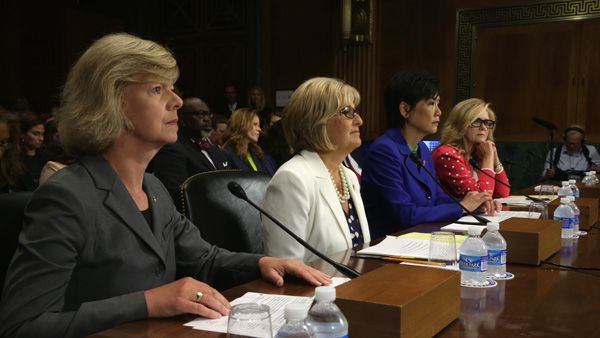

When it comes to abortion legislation, it seems all news coming out of various state capitals is negative. Politicians in 40 states have either presented, supported, or voted in favor of legislation that serves to block a woman's access to abortion. And their efforts are wide: these politicians have introduced over 250 pieces of legislation that could restrict abortion rights. A woman's right to choose is becoming all the more difficult to take advantage of.
One piece of legislation hopes to change all that. Today, a hearing was held by the Senate Judiciary Committee on the Women's Health Protection Act, that, if passed, will ensure equal opportunity for abortions and other reproductive healthcare, no matter the state the woman lives in. The act additionally looks to remove unnecessary standards put in place by recent legislation that make abortions needlessly more difficult for women to obtain, according to Julie Gonen, Director of Government Relations for the Center for Reproductive Rights. The act is still in early stages: It was introduced last November by Senators Richard Blumenthal and Tammy Baldwin, and Representatives Judy Chu, Lois Frankel and Marcia Fudge. Today, pro-life and pro-choice advocates, including doctors, politicians, and activists, made remarks on the act in a Senate Judiciary Committee hearing.
The issue at debate here goes beyond abortion rights—it's also about the limit of lawmakers's power. Doing so comes at a price too hefty for pro-lifers to wrap their heads around. In fact, during the Senate Judiciary Hearing, pro-lifer and opponent of the act, Carol Tobias, the president of the National Right to Life Committee, called the act the "Abortion Without Limits Until Birth Act." This description is stretching the truth, Gonen says. The breadth of the act isn't all encompassing, but is rather designed to take down needless restrictions.
"If you're going to regulate health care, in the interest of health and safety, then do it for all similar medical procedures," Gonen says. "Abortion is being singled and targeted for restrictions that have nothing to do with health and safety."
Regardless of the limitations, the idea that politicians could be limited in their power to protect the rights of unborn children, or restrict a woman's constitutionally protected right to an abortion, depending on your beliefs, is one that could change the shape of anti-abortion legislation today.
While the 1973 Supreme Court decision Roe v. Wade gives constitutional protection to a woman's right to an abortion, opponents are still trying to eliminate choice through multi-faceted anti-abortion legislation with unnecessary provisions.
"Abortion has been a constitutionally protected right and that has remained the case since the court said it in 1973 and opponents are trying to regulate it out of existence," Gonen says. "They're going after abortion through the back door since they can't through the front door."
Stay In The Know
Get exclusive access to fashion and beauty trends, hot-off-the-press celebrity news, and more.
What the act is truly in response to is the numerous pieces of recently passed restrictions on abortions across the nation. One of the most well known of these restrictions is Texas's HB2 bill, which made headlines last summer. One of the provisions of the bill that the Women's Health Protection Act claims is unnecessary is that clinics must have admitting privileges with a nearby hospital.
"If admitting privileges are really so much about health and safety, then all outpatient providers should have them," Gonen says.
But Texas isn't the only state to limit a woman's access to abortion. In Mississippi, women in 85 percent of the state's counties have no access to an abortion facility. It is for this reason why Alabama doctor, Willie J. Parker, a panelist in favor of the Women's Health Protection Act, travels to Mississippi to perform abortions for women who would otherwise have no access to them. Parker further reiterated the the lack of need for admitting privileges. His response? "Only to the extent that they prohibited me from providing care to women."
Gonen and other representatives from the Center for Reproductive Rights feel positive about the outcome of today's hearing. "The important story that needed to be told was told today," Gonen says. "This is a national problem and the Women's Health Protection Act is a national solution."
Related:
2013 Was a Rough Year for Abortion Rights
Yet Another Blow to Birth Control Coverage
Primary Protection: The History of the Pill
Photo Credit: Getty Images

I'm an Associate Editor at the Business of Fashion, where I edit and write stories about the fashion and beauty industries. Previously, I was the brand editor at Adweek, where I was the lead editor for Adweek's brand and retail coverage. Before my switch to business journalism, I was a writer/reporter at PEOPLE.com, where I wrote news posts, galleries and articles for PEOPLE magazine's website. My work has been published on TheAtlantic.com, ELLE.com, MarieClaire.com, PEOPLE.com, GoodHousekeeping.com and in Every Day with Rachael Ray. It has been syndicated by Cosmopolitan.com, TIME.com, TravelandLeisure.com and GoodHousekeeping.com, among other publications. Previously, I've worked at VOGUE.com, ELLE.com, and MarieClaire.com.
-
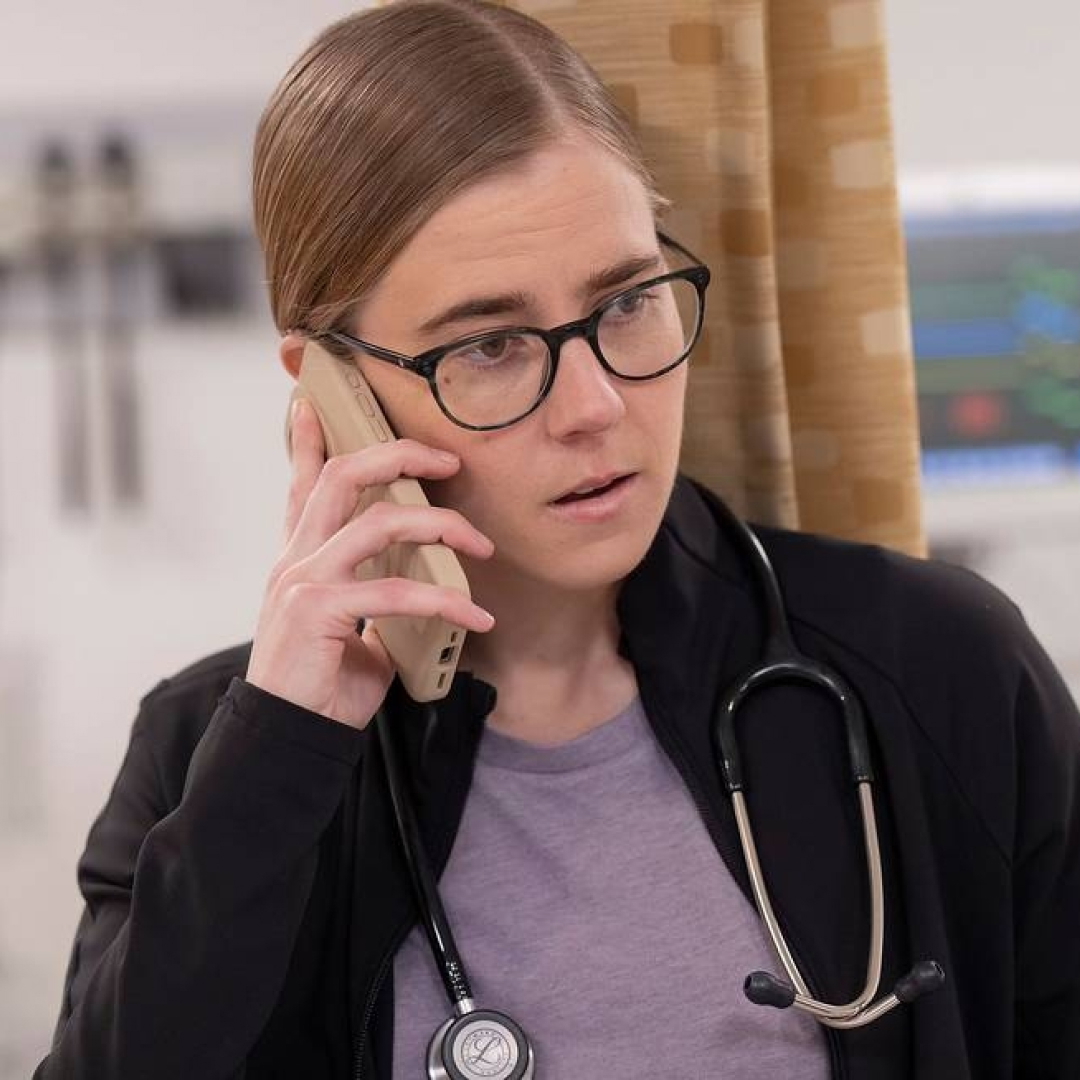 'The Pitt' Star Taylor Dearden Says She Sees Her and Dr. Mel's Neurodivergence as "a Superpower"
'The Pitt' Star Taylor Dearden Says She Sees Her and Dr. Mel's Neurodivergence as "a Superpower"Here's what to know about the Max series's breakout star, who just so happens to come from TV royalty.
By Quinci LeGardye Published
-
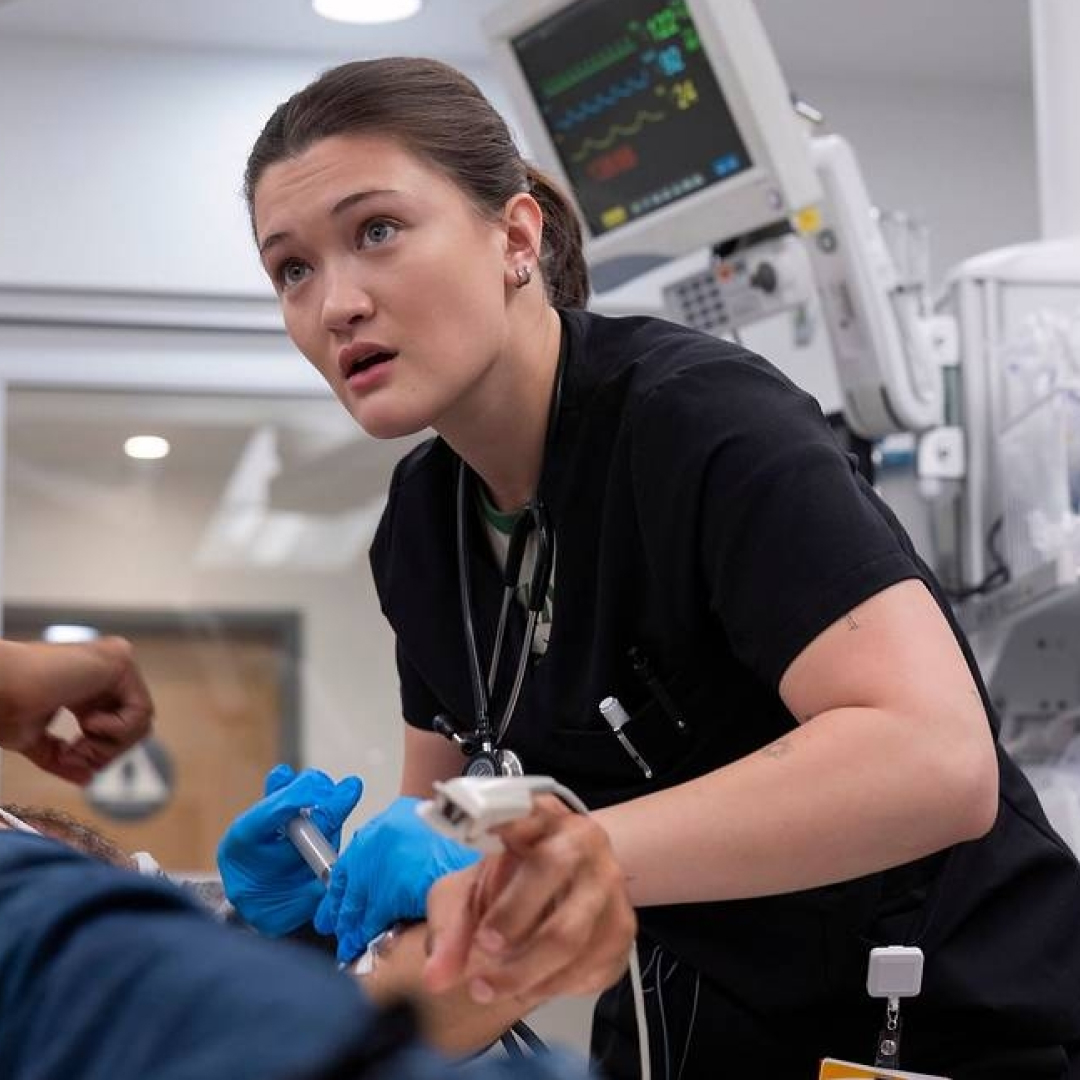 We Owe Trinity Santos From 'The Pitt' an Apology
We Owe Trinity Santos From 'The Pitt' an ApologyThe season finale of the smash Max series proved that the most unlikable character on TV may just be the hero we all need.
By Jessica Toomer Published
-
 Your Guide to the Cast of 'Got to Get Out,' Which Pits Reality TV Alums Against Each Other for a Chance at $1 Million
Your Guide to the Cast of 'Got to Get Out,' Which Pits Reality TV Alums Against Each Other for a Chance at $1 MillionHulu's answer to 'The Traitors' is here.
By Quinci LeGardye Published
-
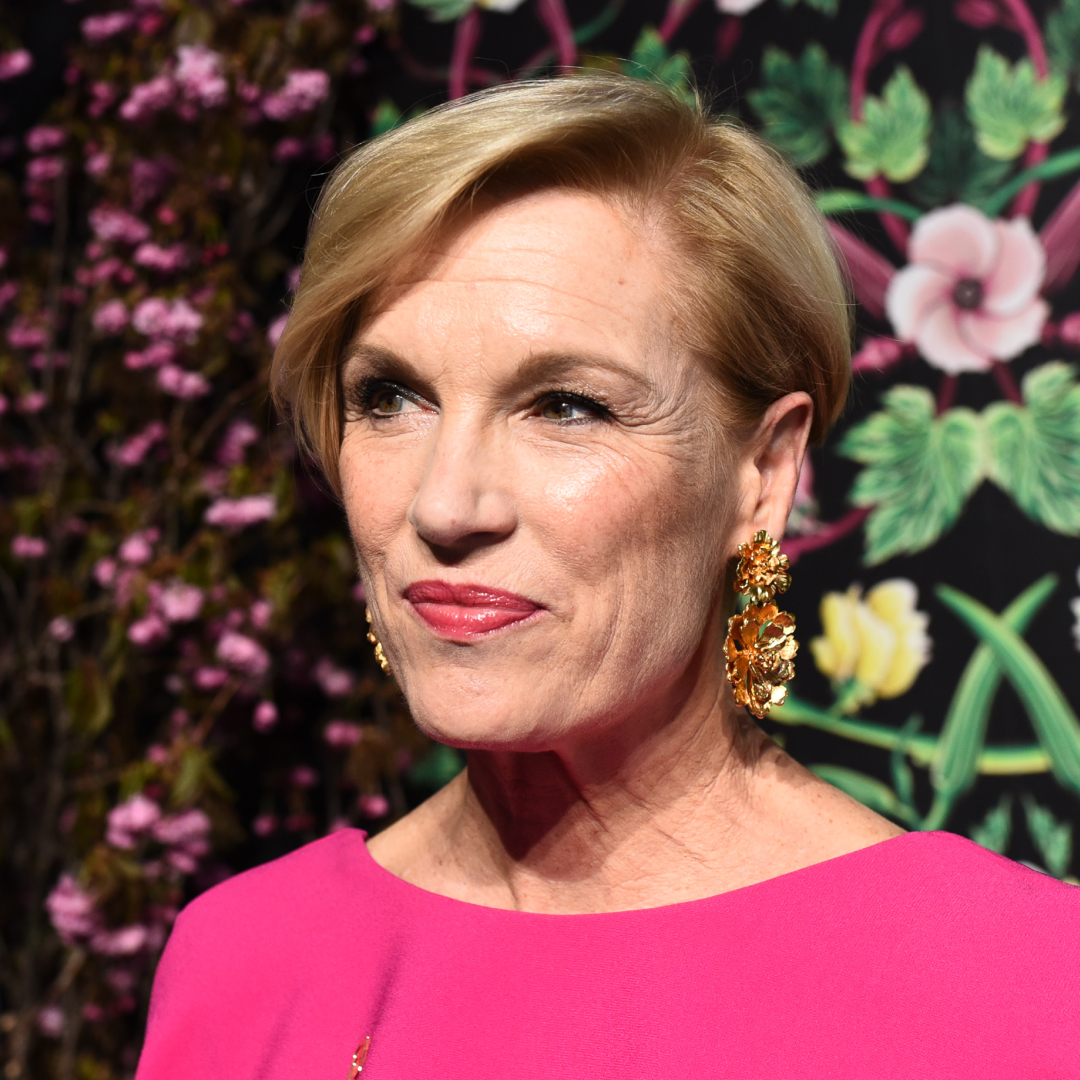 Cecile Richards, Former Planned Parenthood President and Women's Rights Activist, Has Died at Age 67
Cecile Richards, Former Planned Parenthood President and Women's Rights Activist, Has Died at Age 67"Our hearts are broken today but no words can do justice to the joy she brought to our lives."
By Amy Mackelden Published
-
 36 Ways Women Still Aren't Equal to Men
36 Ways Women Still Aren't Equal to MenFeatures It's just one of the many ways women still aren't equal to men.
By Brooke Knappenberger Last updated
-
 How New York's First Female Governor Plans to Fight for Women If Reelected
How New York's First Female Governor Plans to Fight for Women If ReelectedKathy Hochul twice came to power because men resigned amid sexual harassment scandals. Here, how she's leading differently.
By Emily Tisch Sussman Last updated
-
 Why the 2022 Midterm Elections Are So Critical
Why the 2022 Midterm Elections Are So CriticalAs we blaze through a highly charged midterm election season, Swing Left Executive Director Yasmin Radjy highlights rising stars who are fighting for women’s rights.
By Tanya Benedicto Klich Published
-
 Tammy Duckworth: 'I’m Mad as Hell' About the Lack of Federal Action on Gun Safety
Tammy Duckworth: 'I’m Mad as Hell' About the Lack of Federal Action on Gun SafetyThe Illinois Senator won't let the memory of the Highland Park shooting just fade away.
By Sen. Tammy Duckworth Published
-
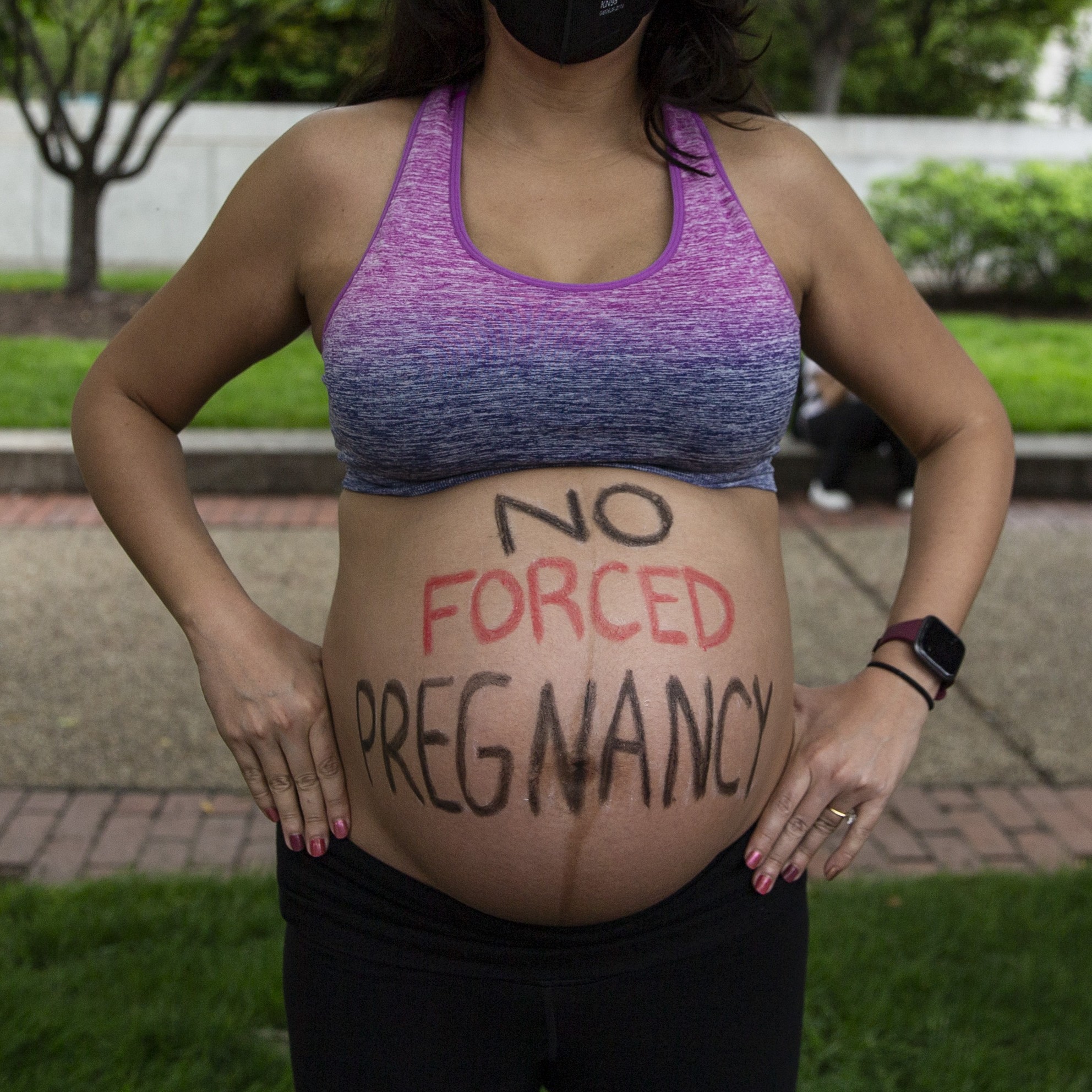 Post-Roe, Pregnant People Will Become Suspects
Post-Roe, Pregnant People Will Become Suspects\201cWe anticipate a very dramatic increase in the rate of criminalization of all pregnancy outcomes.\201d
By Lorena O'Neil Last updated
-
 Roe Is Gone. We Have to Keep Fighting.
Roe Is Gone. We Have to Keep Fighting.How To Democracy always offers a path forward even when we feel thrust into the past.
By Beth Silvers and Sarah Stewart Holland, hosts of Pantsuit Politics Podcast Published
-
 The Supreme Court's Mississippi Abortion Rights Case: What to Know
The Supreme Court's Mississippi Abortion Rights Case: What to KnowThe case could threaten Roe v. Wade.
By Megan DiTrolio Published